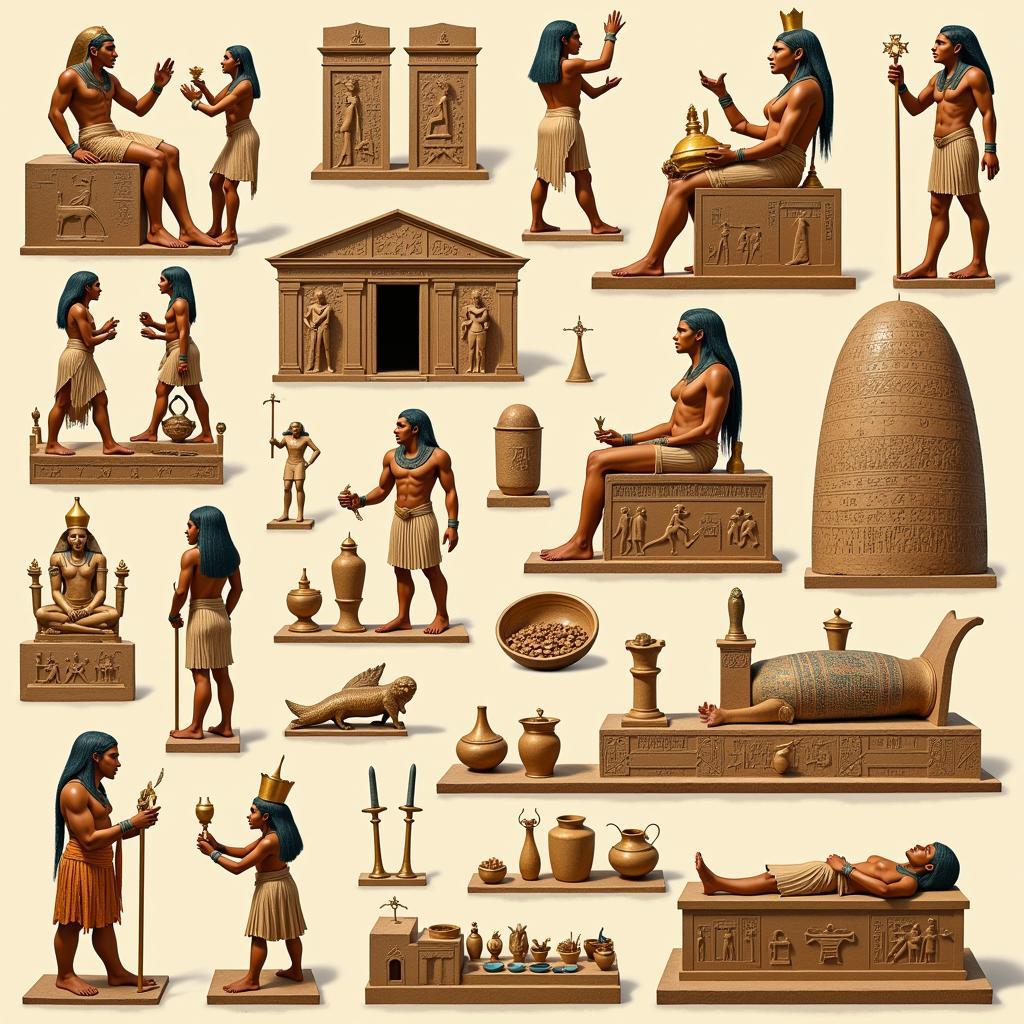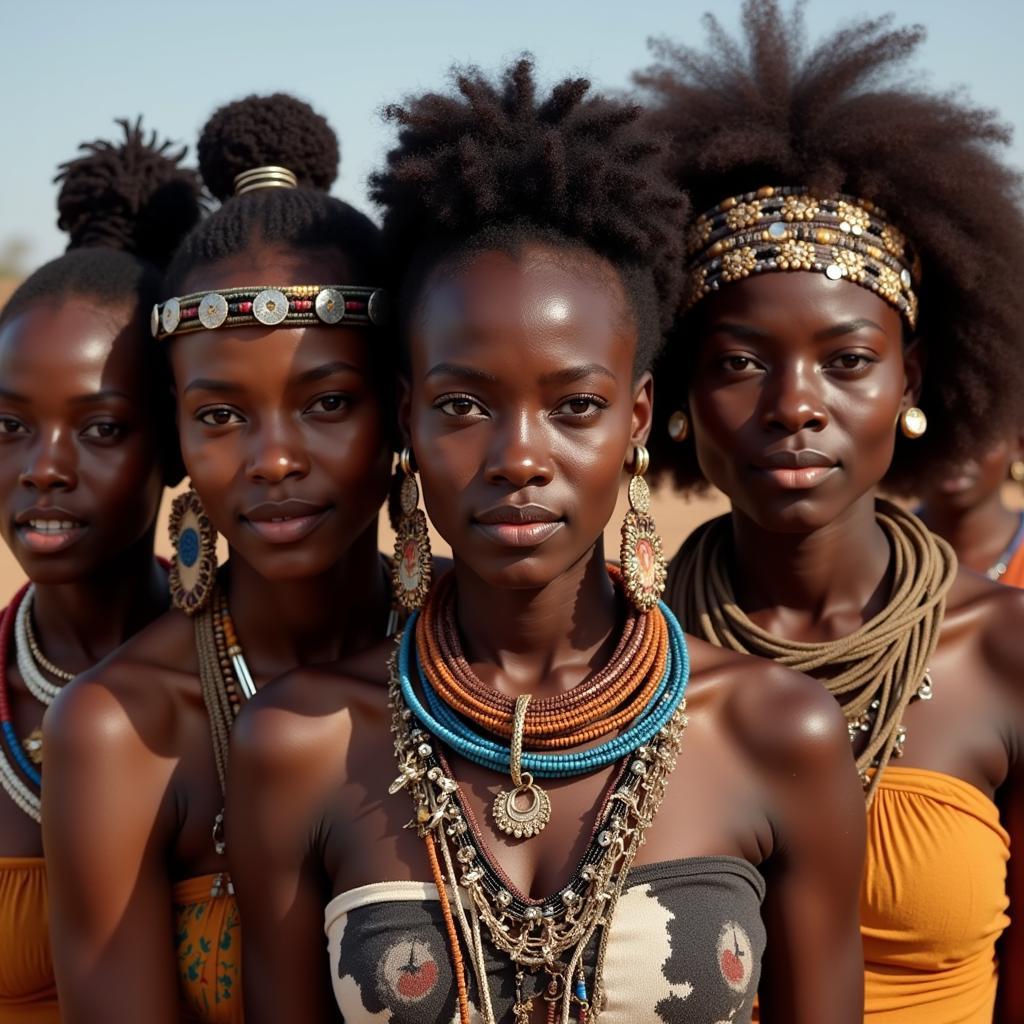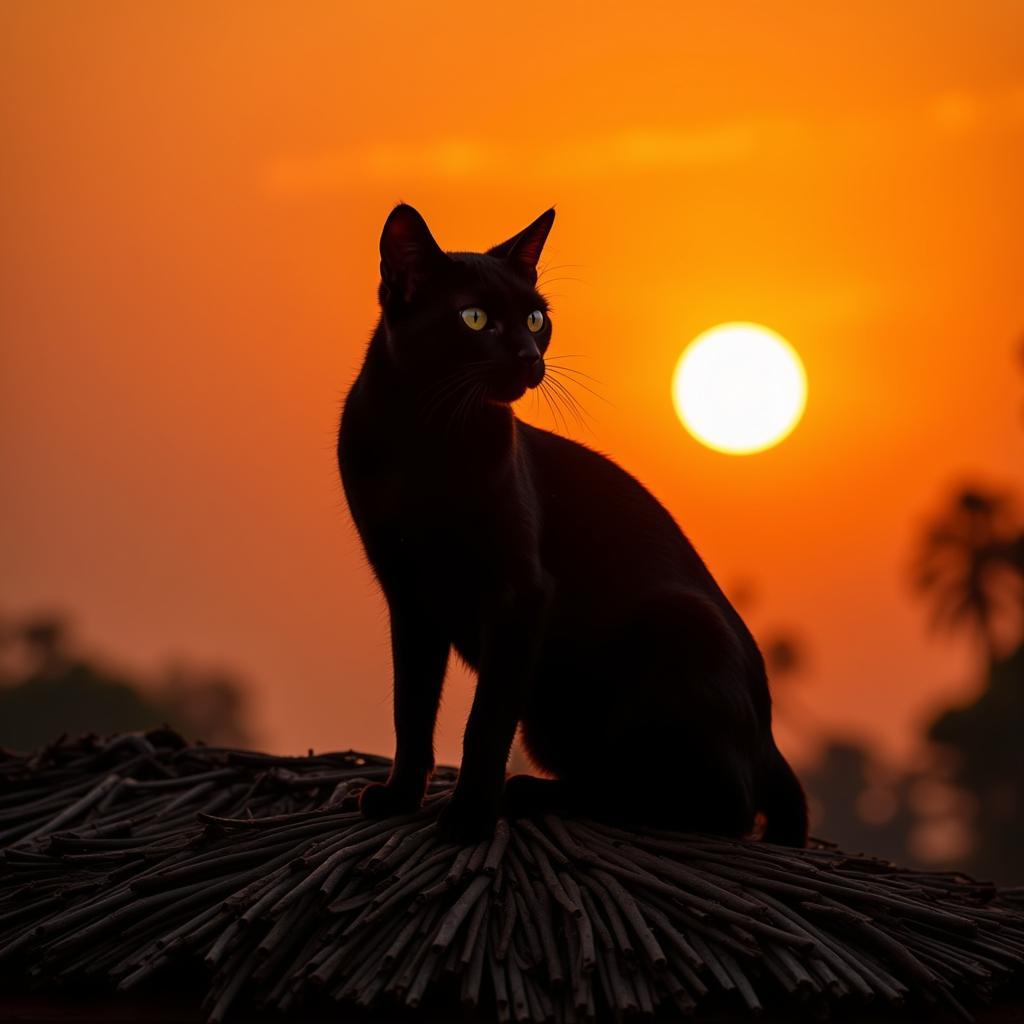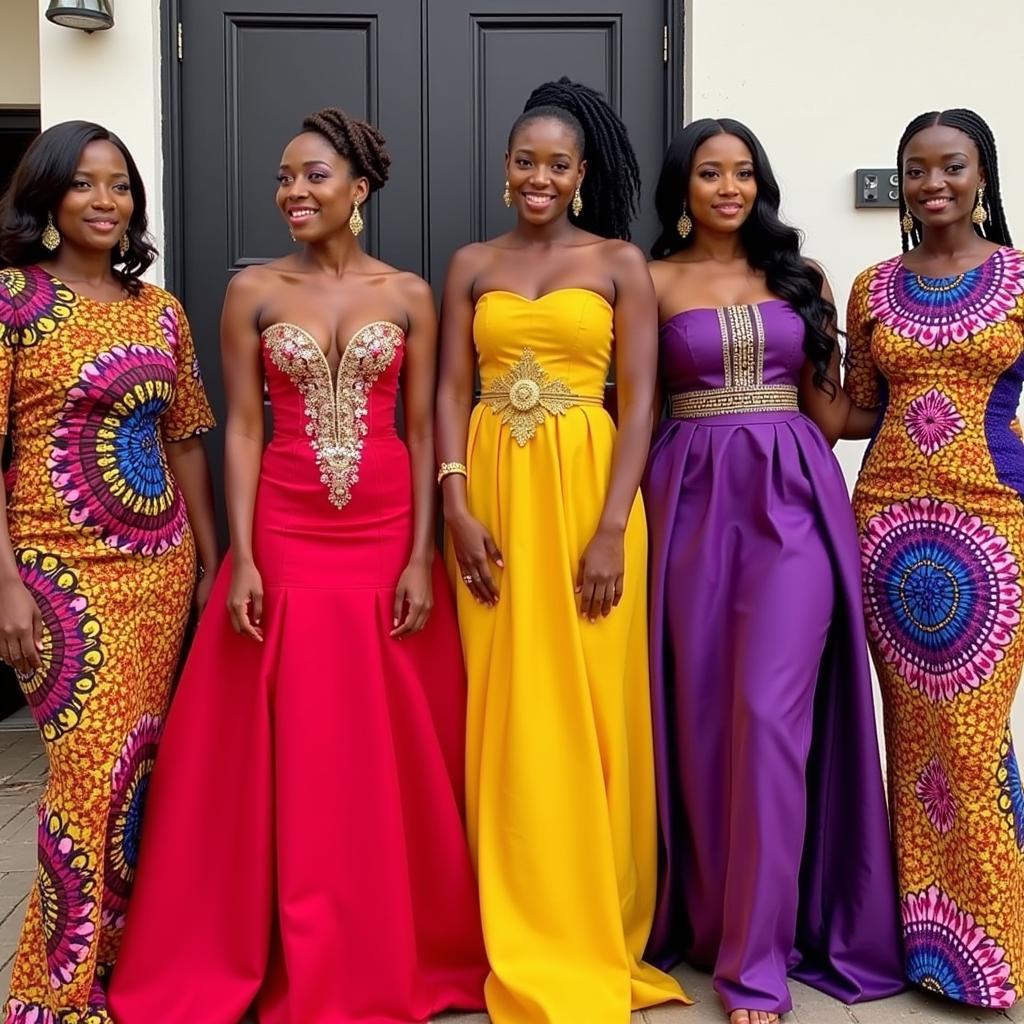Unveiling the Mysteries of African Egyptian Religion
African Egyptian Religion, a rich and complex tapestry of beliefs and rituals, played a central role in the lives of ancient Egyptians for over three millennia. It wasn’t a monolithic system, but rather evolved and adapted over time, incorporating influences from various cultures and regions within Africa. This article delves into the fascinating world of African Egyptian religion, exploring its key tenets, deities, rituals, and enduring legacy.
 Ancient Egyptian Religious Practices Depiction
Ancient Egyptian Religious Practices Depiction
The Core Beliefs of African Egyptian Religion
At the heart of African Egyptian religion lay a profound belief in the interconnectedness of the physical and spiritual worlds. They believed in a multitude of gods and goddesses, each representing different aspects of nature, human experience, and the cosmos. These deities were not seen as distant, unapproachable figures, but rather as active participants in the daily lives of the people. The concept of Ma’at, representing truth, justice, balance, and cosmic order, was a cornerstone of their belief system. Maintaining Ma’at was crucial for the stability of the universe, and individuals were expected to live their lives in accordance with its principles. The Egyptians also believed in the afterlife, viewing death not as an end, but as a transition to another realm. Elaborate funerary rituals and the construction of magnificent tombs, like the pyramids, reflected their deep-seated belief in the continued existence of the soul after death. Check out the fascinating list of african gods and goddesses list.
The Pantheon of Gods and Goddesses
The Egyptian pantheon was vast and diverse, encompassing deities with varying roles and responsibilities. Some of the most prominent figures included Ra, the sun god; Osiris, the god of the underworld and resurrection; Isis, the goddess of magic and healing; and Horus, the god of the sky and kingship. These deities often had complex relationships with one another, reflecting the intricacies of the Egyptian worldview. Local deities also played a significant role in regional religious practices, adding to the rich tapestry of beliefs and traditions.
Rituals and Practices in African Egyptian Religion
Rituals played a vital role in African Egyptian religion, serving as a means of communicating with the gods, seeking their favor, and maintaining cosmic balance. Temple rituals, often involving elaborate ceremonies and offerings, were performed by priests and priestesses. These rituals were not only religious observances, but also important social and political events. Personal piety also played a significant role, with individuals engaging in prayers, offerings, and other devotional practices in their homes and daily lives. Magic was also an integral part of Egyptian religion, used for various purposes, including healing, protection, and divination.
The Significance of Temples and Tombs
Temples served as the earthly homes of the gods and goddesses, and were considered sacred spaces where humans could connect with the divine. They were often grand architectural marvels, adorned with intricate carvings and hieroglyphs that depicted religious narratives and symbols. Tombs, on the other hand, were designed as eternal resting places for the deceased, and were equally significant in Egyptian religious beliefs. The elaborate construction of tombs and the inclusion of provisions for the afterlife demonstrated their belief in the continued existence of the soul after death. More on intriguing african characters.
“The ancient Egyptians viewed their temples not merely as places of worship, but as gateways to the divine realm,” explains Dr. Anika Saburi, a renowned Egyptologist. “These sacred spaces served as a bridge between the human and spiritual worlds, facilitating communication with the gods and goddesses.”
The Enduring Legacy of African Egyptian Religion
Though the practice of ancient Egyptian religion declined with the rise of Christianity and Islam, its influence can still be seen in various aspects of modern culture and spirituality. Its rich mythology, intricate symbolism, and profound philosophical concepts continue to fascinate and inspire people around the world. The study of African Egyptian religion provides valuable insights into the beliefs, values, and worldview of one of the world’s oldest civilizations. You can learn more about the intriguing african sacred ibis.
“The legacy of African Egyptian religion extends far beyond the ancient world,” notes Dr. Menes Thoth, a scholar of African spiritual traditions. “Its profound insights into the nature of reality, the human condition, and the spiritual realm continue to resonate with seekers of wisdom and meaning today.”
In conclusion, African Egyptian religion offers a captivating glimpse into the spiritual world of ancient Egypt. Its complex pantheon of gods and goddesses, elaborate rituals, and profound beliefs in the afterlife reflect a rich and nuanced understanding of the cosmos and the human place within it. Further exploration of this fascinating subject can deepen our appreciation for the enduring legacy of African civilization.
FAQ
-
What were the main gods of African Egyptian religion?
Some of the main gods included Ra, Osiris, Isis, and Horus. -
What was Ma’at in Egyptian religion?
Ma’at represented truth, justice, balance, and cosmic order. -
What role did temples play in Egyptian religion?
Temples served as the earthly homes of the gods and goddesses. -
Did the Egyptians believe in the afterlife?
Yes, the Egyptians believed in the continued existence of the soul after death. -
What is the significance of pyramids in Egyptian religion?
Pyramids served as elaborate tombs for pharaohs and reflected their belief in the afterlife. -
How did Egyptian religion influence later cultures?
Its mythology, symbolism, and philosophical concepts influenced later cultures and continue to fascinate today. -
Where can I find more information on african gods pdf and african gods and goddesses pdf?
Follow the provided links for more detailed information.
Need help?
Contact us for 24/7 customer service:
Phone: +255768904061
Email: kaka.mag@gmail.com
Address: Mbarali DC Mawindi, Kangaga, Tanzania.




